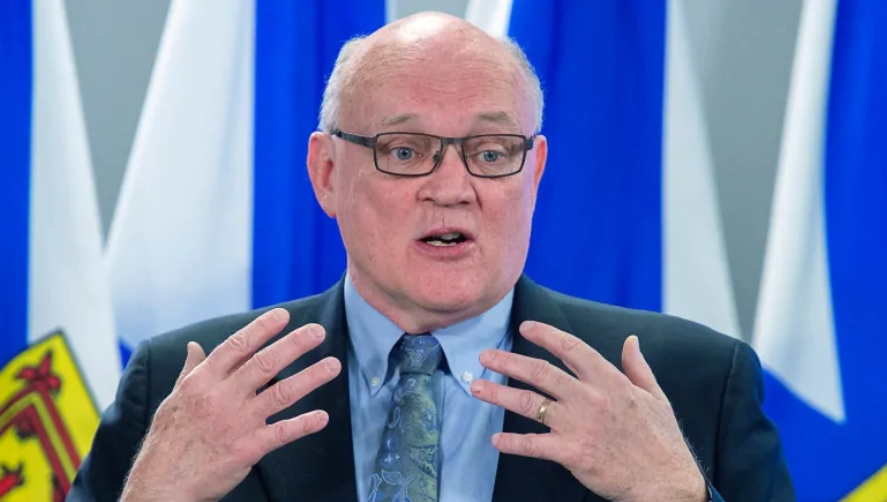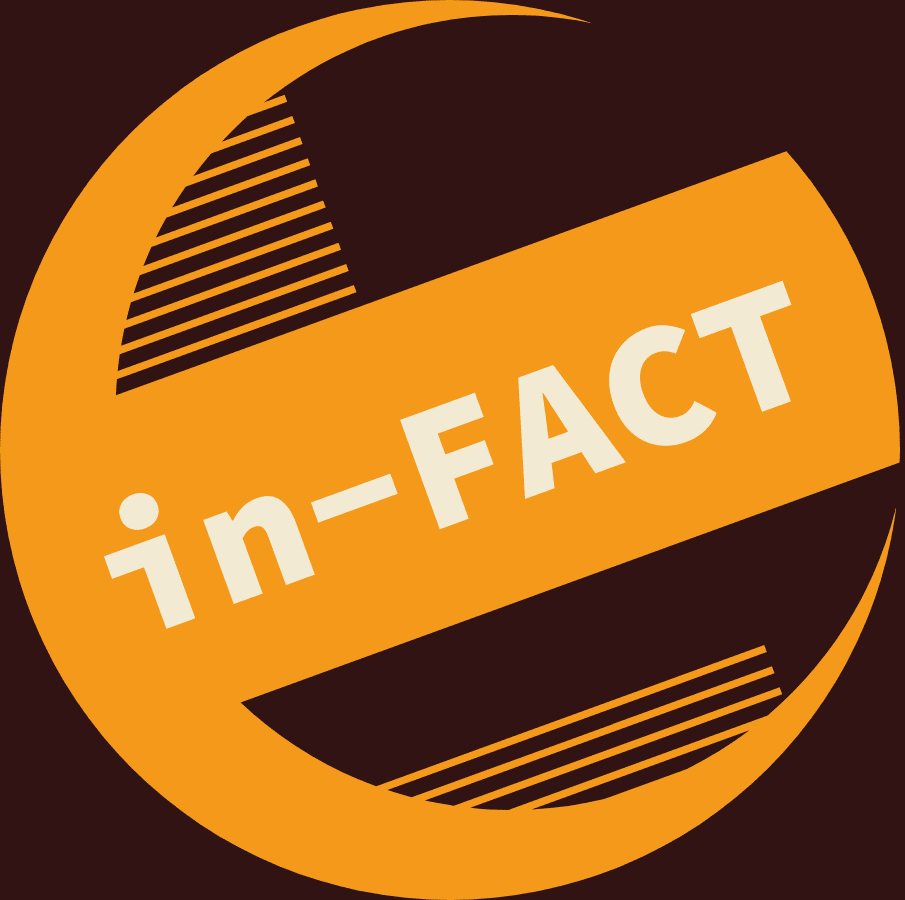
Nova Scotia Health Protection Act
In Summary: NS Public Health Protection Act (HPA)
This post is meant to inform you of what this act entails, the powers it provides to our public health officials and what that means for everyday Nova Scotians. It is NOT meant to give an opinion on whether or not the act is good or bad, I simply think it's important the public is aware of the details of the legislation that governs you. I have also included an article published by the CBC several days prior to the Premier declaring a state of emergency on March 22, as well as a link to the act itself. Note, there is effectively no formal role for the Premier in the HPA. Official authority lies with the Minister of Health (elected official) and defacto authority ultimately lies with the Chief Medical Officer of Health (non-elected physician).
Premier of NS - Stephen McNeil
NS Minister of Health and Wellness - Randy Delorey
NS Chief Medical Officer of Health (CMOH) - Dr. Robert Strang
What the Health Protection Act is / does:
• The Health Protection Act provides the legal framework enabling public health officials to protect the public and to prevent, detect, manage, and contain health threats without unduly interfering with civil rights and liberties
• deals with notifiable diseases or conditions, communicable diseases, health hazards, public health emergencies, and food safety
• lays out the duties and responsibilities of public health officials and of the ministers responsible
• is consistent with the health protection aspects of public health legislation in other provinces and territories
• accords sufficient weight to ethical values especially individual liberty, protection of the public from harm, reciprocity, and privacy and confidentiality of health information.
What the Health Protection Act does not do:
• The Health Protection Act does not deal with health promotion or other public health functions
• provide a structure for the public health system
• cover all health hazards. There are many hazards to human health including occupational health and safety issues that are dealt with by other government departments including federal departments and agencies in addition to the provincial Department of Health
HPA makes a statement emphasizing the balance between individual rights and the public good:
Restrictions on private rights and freedoms arising as a result of the exercise of any power under this Act shall be no greater than are reasonably required, considering all of the circumstances, to respond to a health hazard, notifiable disease or condition, communicable disease or public health emergency.
Public Health Emergency:
In the act, a public health emergency is defined as an imminent and serious threat to public health that is posed by a dangerous disease or health hazard. The Chief Medical Officer of Health is responsible to assess whether or not a public health emergency exists. If he or she believes a public health emergency exists and that special measures are required to respond to the public health emergency, then the CMOH recommends to the Minister that a public health emergency be declared in all of the province or only part of the province. This declaration then allows the CMOH to implement special measures. These measures might include (but are not limited to):
• implementing an immunization program; note that there is no ability to implement mandatory immunization in Nova Scotia even in a public health emergency
• setting priorities for which individuals or groups should receive active and passive immunizing agents (i.e. vaccines and immune globulins), drugs, medical supplies or equipment
• closing a public place such as a school or other place where the public gathers
• limiting access to certain parts of the province
• evacuating people from a certain part of the province
• installing facilities or other relevant construction work including sanitary facilities
• procuring first right, at a reasonable cost, to active and passive immunizing agents, drugs, medical supplies, equipment from any organization or corporation and
confiscating the items if needed from wholesalers, District Health Authorities, and pharmacies, physicians, institutions, etc...
In addition to the above list, the CMOH can take any other measure he or she reasonably believes is necessary. When the CMOH believes the public health emergency is over, he or she advises the Minister
who then declares it over.
Power to Enter:
To investigate potential health hazards and communicable diseases and to administer or determine compliance with the act or regulations, a MOH may need to enter a premise or a dwelling. Note the distinction between a premise and a dwelling. A premise includes lands, structures, and conveyances but does not include a dwelling, which is where people live.
Entering a premise:
A MOH can enter a premise at any reasonable time. Once inside he or she can do a number of things such as inspect, examine, analyze, test, take samples, collect information, take pictures, use machinery, excavate, etc. He or she can also require a person to provide information, or records including personal information, personal health information and proprietary or business information. If the owner or occupier of the premises is not co-operative or cannot be located, the MOH can
seek a warrant from a justice of the peace who can consider the request even if the owner isn’t present or has not received notice of the request. The justice of the peace can then issue a warrant so that the necessary actions can occur. The warrant can be carried out by the MOH, public health inspector, public health nurse, or any person acting under the direction of the MOH. They can call upon police officers to assist them.
Entering a dwelling:
A MOH may enter and inspect a dwelling with the consent of the owner or occupier of the dwelling. If entry is refused, the owner is absent, or the dwelling is unoccupied, the MOH may seek a warrant in the same manner as for a premises.
During a public health emergency:
A MOH may enter a dwelling without a warrant and take such action as he or she believes necessary to deal with a public health emergency.
Hopefully this gives a clear overview of the legislation that is currently governing us, and also why you probably noticed that Dr Strang seems to be the one ultimately governing the situation. Look forward to hearing your thoughts.
